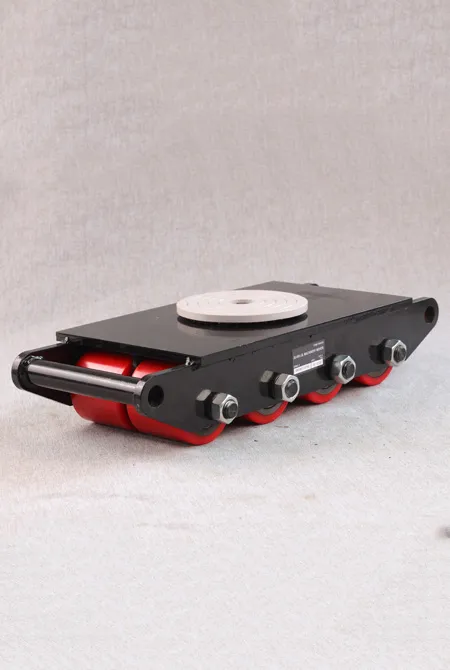3 ton overhead crane
Understanding 3-Ton Overhead Cranes Applications and Advantages
Overhead cranes are essential tools in various industrial and construction settings, and among them, the 3-ton overhead crane is a popular choice for businesses requiring reliable and efficient material handling solutions. This crane type is designed to lift, move, and position heavy loads, typically used in manufacturing facilities, warehouses, and construction sites.
Features and Specifications
The 3-ton overhead crane is engineered to safely lift loads up to 3,000 kilograms (approximately 6,600 pounds). Key components of these cranes include the bridge, the runway, hoist, and trolley systems. The bridge runs along the two parallel rails installed on the building structure, enabling the trolley, which carries the hoist mechanism, to move horizontally. The hoist is a crucial part of the crane, with various power source options, including electric and manual models.
Typically, a 3-ton overhead crane comes equipped with safety features such as limit switches, emergency stop buttons, and overload protection systems. These features ensure the safety of operators and the integrity of the loads being handled. Most modern designs also emphasize ease of operation, often integrating remote control systems that allow operators to manage the crane from a safe distance.
Applications
The versatility of 3-ton overhead cranes makes them suitable for a wide range of applications. In manufacturing, they are used for assembling heavy equipment, moving components during production, and handling finished products. In warehouses, they facilitate the loading and unloading of shipping containers and pallets, significantly enhancing operational efficiency.
3 ton overhead crane

Construction sites frequently utilize 3-ton overhead cranes for lifting materials, such as steel beams, precast concrete, and machinery, which need to be positioned with precision. Their ability to navigate tight spaces and transport goods vertically and horizontally minimizes the need for forklifts and other handling equipment.
Advantages
One of the primary advantages of a 3-ton overhead crane is its space-saving design. Unlike floor-mounted equipment, overhead cranes free up ground space, allowing for a more efficient layout in production and storage areas. Additionally, these cranes can operate in various environments, from indoor facilities to outdoor job sites.
Another significant benefit is productivity. Overhead cranes significantly reduce the time and labor required to transport heavy loads. By optimizing workflow and minimizing manual handling, businesses can improve overall efficiency and safety.
Conclusion
In conclusion, the 3-ton overhead crane is an indispensable asset for industries requiring the movement of heavy materials. Its robust design, safety features, and versatility make it an ideal choice for various applications. As companies continue to prioritize efficiency and safety in material handling, investing in a 3-ton overhead crane can lead to significant operational improvements and long-term cost savings.
-
Permanent Magnetic LiftersNewsNov.01,2024
-
Operations with an Adjustable CraneNewsNov.01,2024
-
Machine Moving SkatesNewsNov.01,2024
-
Industrial Lifting MagnetsNewsNov.01,2024
-
Effective Machinery MovingNewsNov.01,2024
-
Adjustable Gantry CraneNewsNov.01,2024
-
Unlock the Power of Lifting with Permanent Magnetic LiftersNewsOct.11,2024
